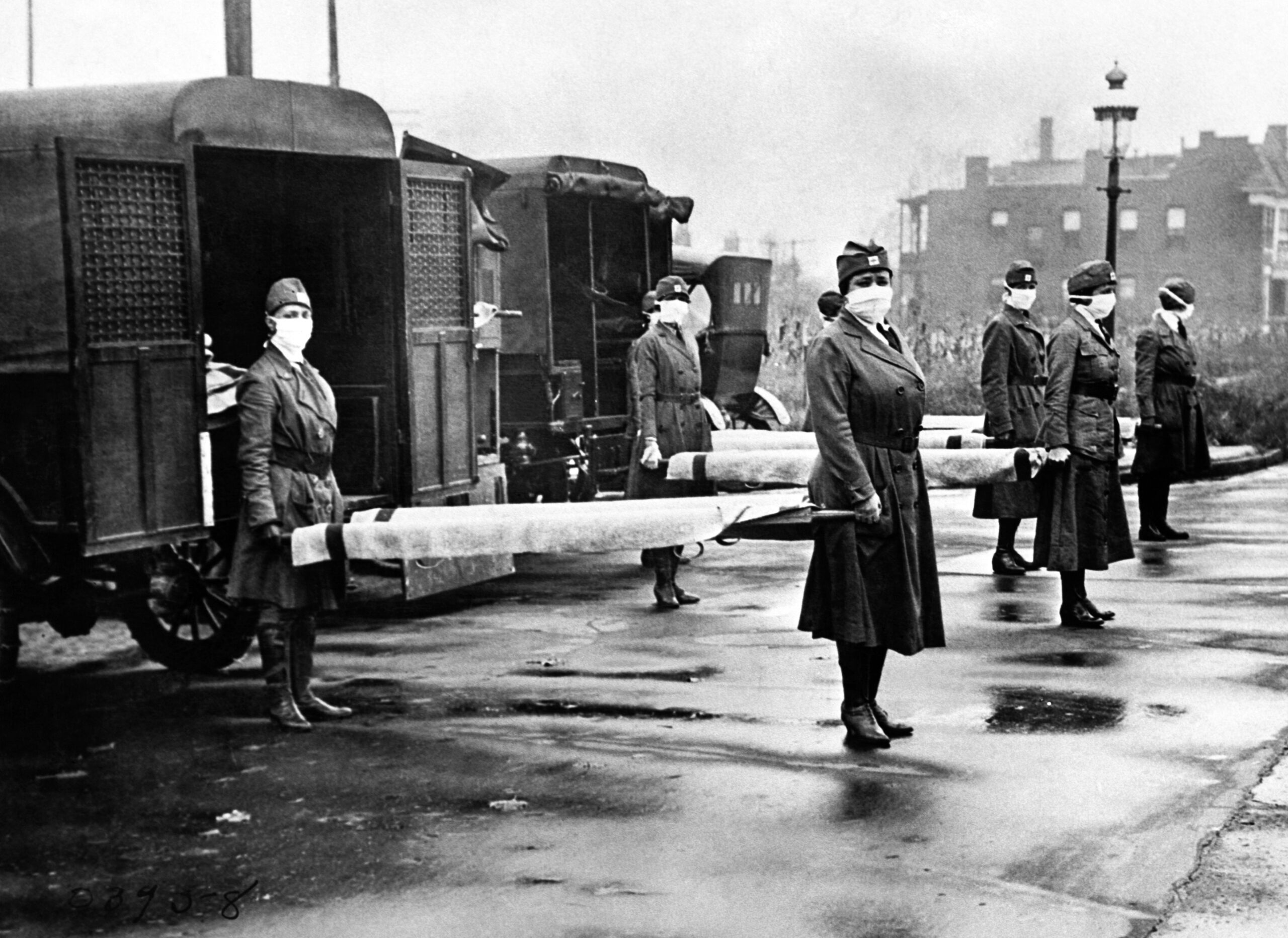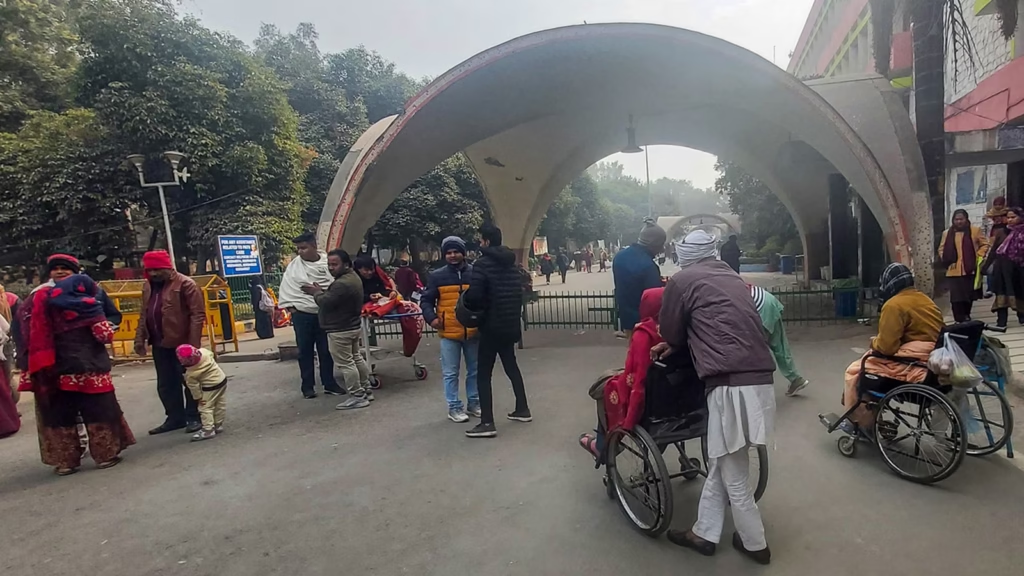Now Reading: Lessons from Past Pandemics
-
01
Lessons from Past Pandemics
Lessons from Past Pandemics

Pandemics have repeatedly tested societies, revealing vulnerabilities in health systems, governance, and public behavior. In India, including Tier 2 cities, past experiences offer valuable lessons in preparedness, communication, and community resilience. Understanding these lessons helps individuals and authorities respond more effectively to current and future health crises.
One key takeaway is the importance of early detection and rapid response. Swift identification of outbreaks, timely medical intervention, and efficient quarantine measures can significantly reduce transmission and save lives.
Public awareness and compliance are critical. Accurate information, clear guidelines, and community engagement encourage responsible behavior, such as hygiene practices, vaccination, and social distancing, which collectively mitigate the impact of pandemics.
Strengthening healthcare infrastructure is another lesson. Sufficient hospital capacity, trained personnel, and access to essential medicines ensure that both urban and semi-urban populations receive timely care during health emergencies.
Global collaboration and learning from international experiences improve preparedness. Sharing knowledge, research, and resources helps nations adopt strategies that have proven effective elsewhere while adapting them to local contexts.
In conclusion, past pandemics teach the importance of vigilance, communication, healthcare readiness, and collaboration. Applying these lessons in Tier 2 cities and across India strengthens resilience, reduces harm, and equips communities to handle future health crises more efficiently.

























